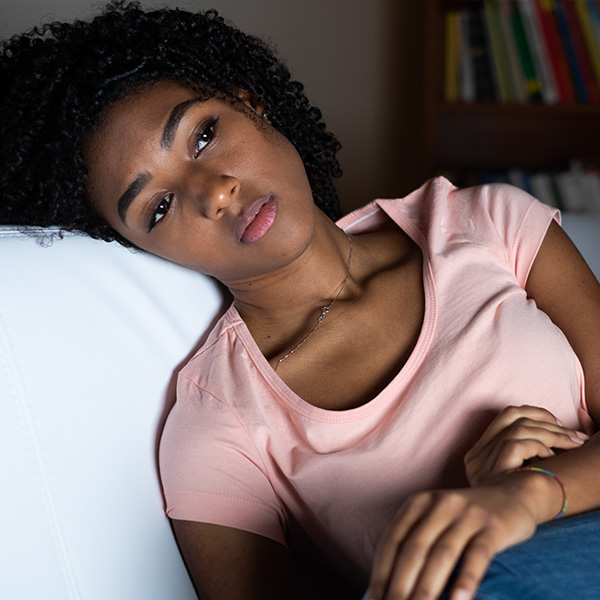How is sadness different from depression?
We all go through periods in life where we experience sadness, unhappiness, or low mood. Sadness is a normal reaction to experiences which are emotionally upsetting or painful. There are varying degrees of sadness that one may experience, and these feelings tend to fade away over time as your mood lifts. If you find that your low mood persists for longer than a couple of weeks and affects your everyday life in a big way, then it might be time to seek professional help.
What is depression?
Clinical depression is more than feeling unhappy or sad. It is a mood disorder characterised by a prolonged emotional state of sadness and low mood which will not lift. The person cannot simply “snap out of it”. This mood state typically persists for longer than two weeks. It also affects an individual’s everyday functioning in the realms of work or academic life, and social relationships with family and friends.
Various different kinds of depression
There are various different subtypes of depression, including:
Depression with typical features: individuals that experience the general symptoms of depression.
Depression with atypical features: individuals that experience the general symptoms of depression, however some of these symptoms may be reversed. For example: an individual may oversleep, tend to eat more than normal, and gain weight. Additionally: anxiety is often present, evenings are harder than mornings, arms or legs feel heavy and like lead, and the individual may be more sensitive to feelings of rejection.
Dysthymia: chronic low mood with some moderate symptoms of depression over a prolonged period of time.
Seasonal Affective Disorder: mood changes are affected by the weather and time of the year (i.e. experiencing more severe symptoms in the winter months).
Postpartum Depression: depressive symptoms experienced following the birth of a child. May be related to hormonal and biochemical changes, emotional changes, and social changes.
Depression with psychosis: severe depressive symptoms which presents with psychotic features (i.e. individual may experience hallucinations and delusions).
What are the symptoms of depression?
To diagnose whether you are experiencing depression, your doctor may ask whether you have any of the following symptoms:


